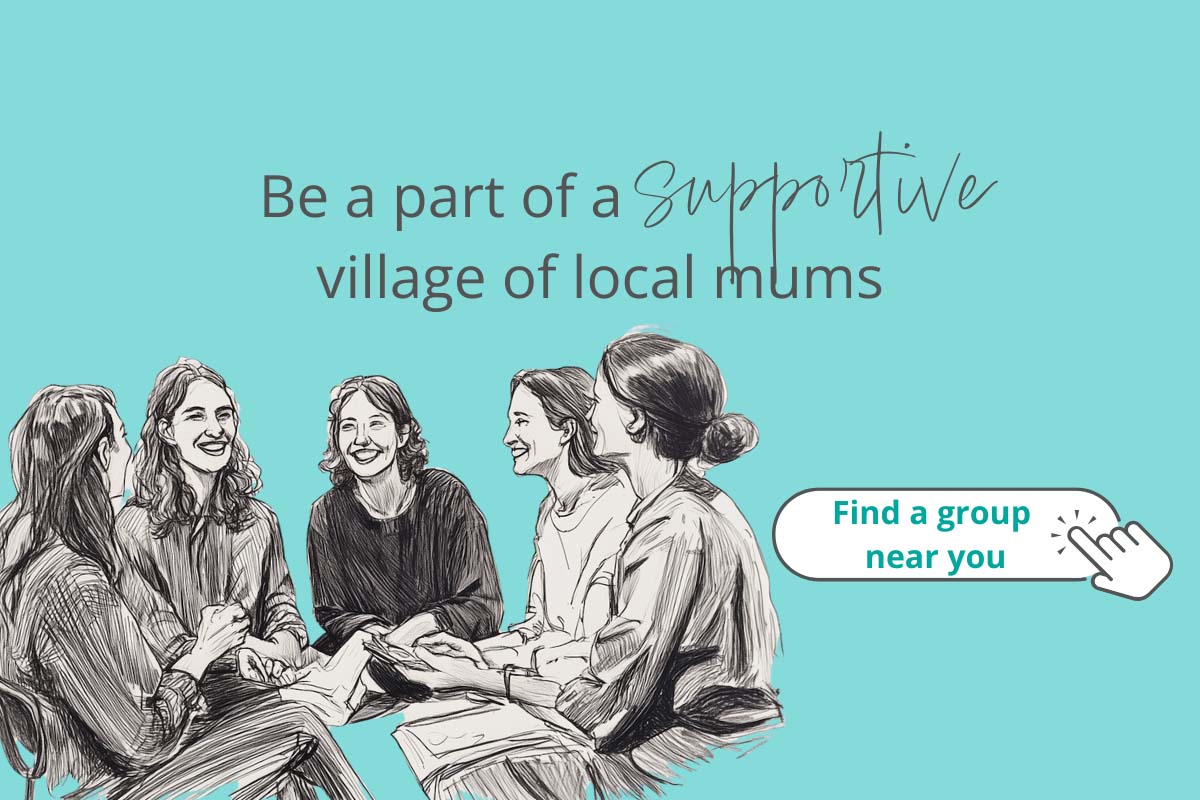Receive personalised articles from experts and wellness inspiration weekly!
Inspiring stories
Sophie Delezio: What I wish every parent would tell their children about disability
Now a mother, burns survivor Sophie Delezio is using her voice to help parents and children learn about disability and break down barriers.
Should I have a caesarean birth?
What your child really needs first
Cramping in early pregnancy
First day of school printable
What your child really needs first
First day of school printable
What your child really needs first
First day of school printable
The secret to soothing a teething baby
Don’t feed your baby these foods
Cramping in early pregnancy
Massages and pregnancy: Is it safe?
Trending video
How my husband’s porn addiction affected me
I felt overwhelming rejection and that I hadn’t been good enough all these years, which was why he had sought out porn.
9 Aussie Christmas traditions we all love
Valentine’s Day ideas for busy mums
Short on time this Valentine’s Day? These easy, low-pressure Valentine’s Day ideas are perfect for busy mums who still want to feel the love.
DIY advent calendar ideas for kids
How my husband’s porn addiction affected me
I felt overwhelming rejection and that I hadn’t been good enough all these years, which was why he had sought out porn.
Valentine’s Day ideas for busy mums
Short on time this Valentine’s Day? These easy, low-pressure Valentine’s Day ideas are perfect for busy mums who still want to feel the love.
The 5 things I learned from my divorce
Side hustles for mums: Turning spare time into cash
Whether you’re just wanting some extra cash, covering rising bills or dreaming of replacing your day job, you’ll need the right side hustle.
Why you should have a five-year-plan
12 kitchen swaps to save money and the planet
Discover 12 simple kitchen swaps that can help you reduce your environmental impact and make sustainable choices without breaking the bank.
9 Aussie Christmas traditions we all love
Aussie Christmas traditions are truly one of a kind. Celebrate the season with a look at the uniquely Australian ways we do Christmas.
DIY advent calendar ideas for kids
Looking for a fun way to kick off the countdown to Christmas? Try a kid-friendly DIY advent calendar filled with surprises.
11 Minecraft cakes that kids will love
Meal inspiration
Receive personalised articles from experts and wellness inspiration weekly!
Recent posts
Should I have a caesarean birth?
Exploring the pros and cons associated with C-sections and natural births.
What your child really needs first
Discover why connection matters more than correction—and how slowing down to understand your child can change everything.
Tropical banana pancakes
These tropical banana pancakes are fluffy, naturally sweet and perfect for an easy breakfast that feels like a mini holiday.
Valentine’s Day ideas for busy mums
Short on time this Valentine’s Day? These easy, low-pressure Valentine’s Day ideas are perfect for busy mums who still want to feel the love.
Soft parenting: A new way to parent?
Curious about soft parenting and whether it’s right for your family? Here’s a lowdown and why you should pay attention.
Cramping in early pregnancy
Worried about cramping in early pregnancy? Let’s chat about what’s normal, what’s not, and how to ease those early pregnancy twinges.







